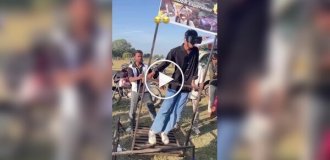The case of the Japanese midwife who killed dozens of babies (8 photos)
For some reason, if a woman becomes a serial killer (such is much rarer than male serials), they often are distinguished by some simply monstrous cruelty. 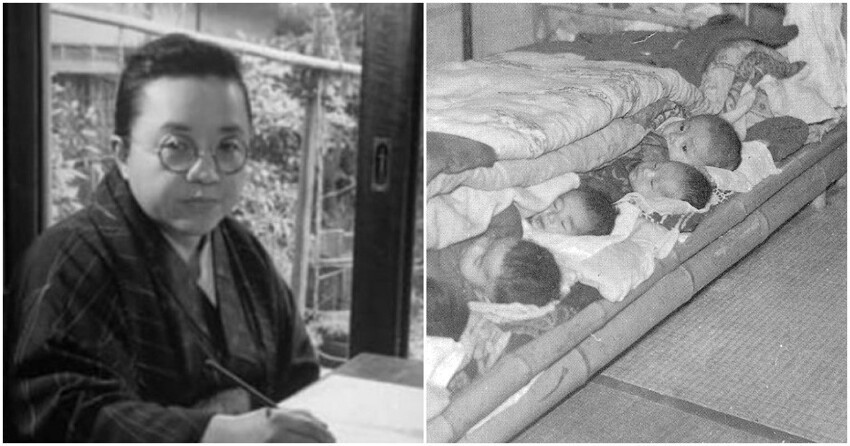
Miyuki Ishikawa was born in Kunitomi City, Miyazaki, Kyushu). Data on the date of her birth differ, but rather it was all in 1897.
In those days, for girls from poor families was prepared a very sad fate - they were either given to study as geishas, or sold in as servants. But Miyuki was lucky - her family was rich, so the girl graduated from the University of Tokyo, married (by order of her father) Takeshi Ishikawa, and then got a job in a maternity hospital. 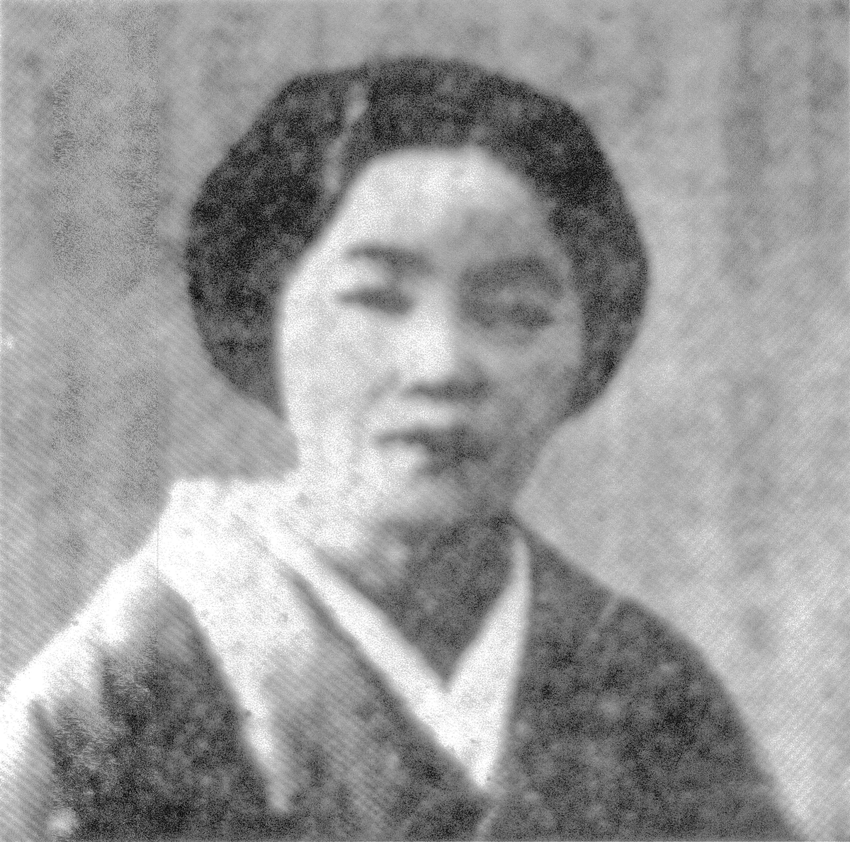
Miyuki Ishikawa in his youth
She worked so successfully that very soon she became director of this hospital. Her husband actively supported Miyuki in all her undertakings, and she was successful, knew how to find an approach to each person, she had friendly relations with colleagues, the woman coped well with her work and helped women in childbirth in everything: from pregnancy management to caring for a newborn baby.
And this beautiful and kind woman turned into one of the most cruel criminals in history... 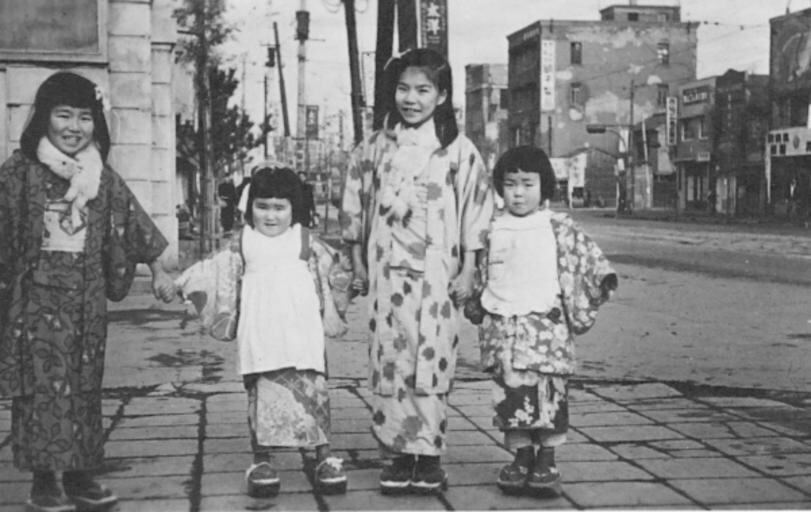
Japanese children on the streets of Tokyo, 1950s
After the Second World War in Japan, as in many countries of the world, there was a baby boom. Poor women gave birth to children whom they could not provide. Miyuki saw her parents in poverty every day, who frankly admitted that their child is unwanted. However, they gave birth in times more often than women from well-to-do families, as more responsibly approached the issue of childbearing.
The maternity hospital run by Ishikawa was constantly full children who did not have at least some prospect of a decent life. Ishikawa realized that something had to be done about it, but she chose some completely wild way.
Miyuki, teaming up with a number of doctors from his hospital, decided to kill the newborns. She either left them without any care, or killed them.
After a short time, Miyuki began to tell her mothers what this "procedure" they must pay, convincing them that it will be much cheaper than raising a child.
The kind and responsible Ishikawa did not have a bit compassion for the "convicted". Neither their weeping, nor pain, nor suffering, nor death itself did not touch her - it became a routine. 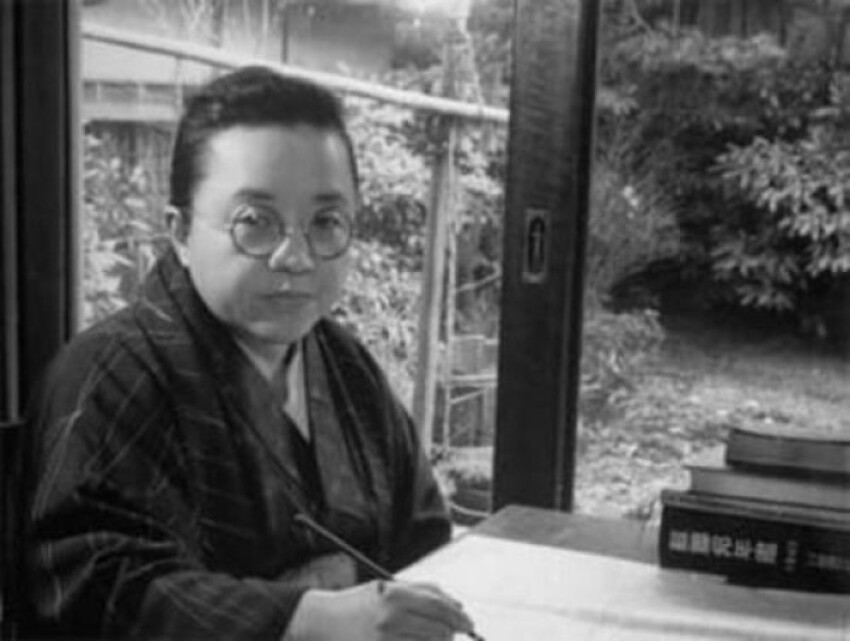
Ishikawa at work
What was her motivation? There are versions.
1) An expression of protest against the poverty that reigned around;
2) Earnings;
3) Displacement of anger. She and Takeshi did not have children and will not could. (However, the couple adopted two boys and one girl and raised her son Takeshi from her first marriage).
Miyuki's colleagues knew what was going on, some even contacted local authorities, but they simply ignored it, because all these children were from poor families and the leadership most likely secretly also believed that death - it is better than the life that was prepared for them. And just like that, eyes closed and turning away, supported the murderous director. 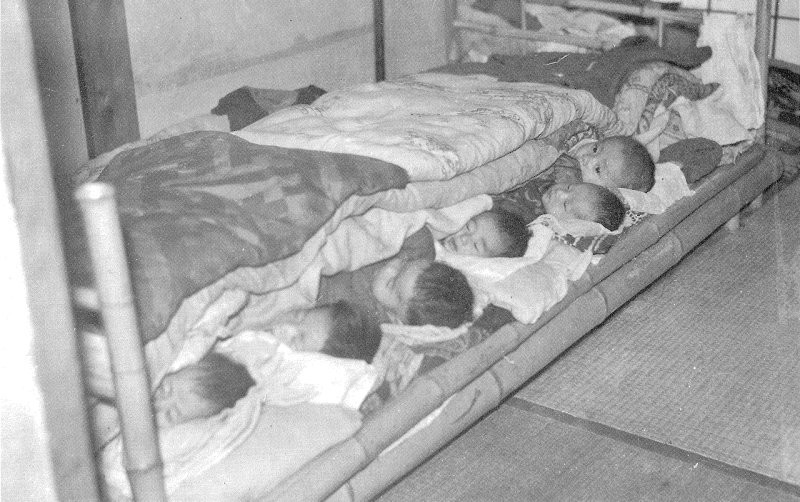
Babies who are lucky to survive
Midwives who could not see lawlessness and horror, going on in the hospital, quit their jobs. After all, all their complaints and appeals had no effect.
But Ishikawa was probably firmly convinced that she was doing, even though terrible, but a good thing. Mothers who gave birth to babies refused to take the child home and left without even wondering what will continue with him. Many were victims of rape, were not members of married and definitely could not support the baby. According to Ishikawa's logic these "unnecessary" children would still die of hunger and disease, only their the suffering would have lasted much longer.
Abortion was made illegal in Japan in 1880. order of the emperor, who decided that uncontrolled births would give manpower and strengthen the army. But at the same time, the state did not help in any way. mothers, all worries about children fell only on the parents. Japanese authorities did not build any schools or kindergartens, nor provided at least some financial support. 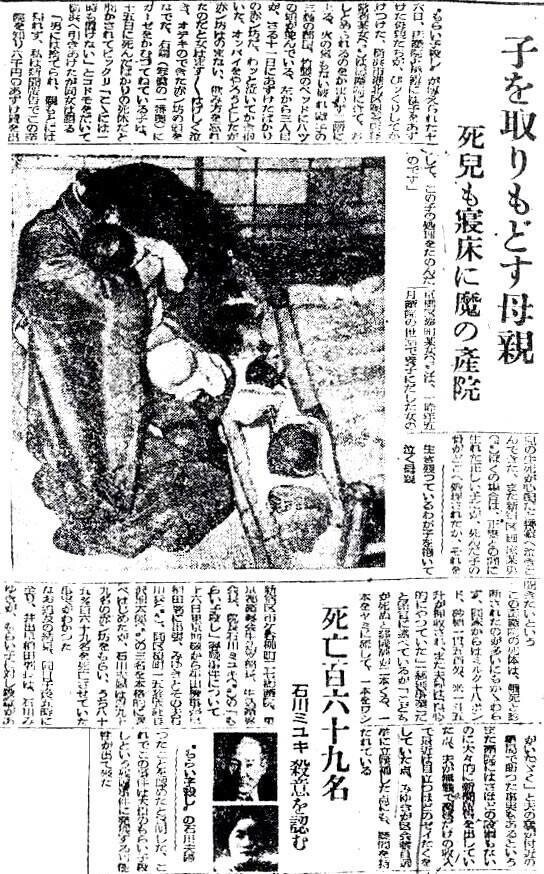
Newspaper article about Ishikawa's crimes
Did you know your husband? Not only knew, but alsoheld his beloved spouse. When the parents came to take the child home, he convinced them not to do it. And after they agreed came to their house and demanded money so that the child would die "by natural causes." This was the responsibility of Dr. Shiro Nakayama, who wrote false data about the death of babies. Unhappy parents are forced were to give the last money, or even sell some property for this inhuman "service".
Ishikawa was not the only one who committed such crimes in Japan in the 1930s and 40s.
It was an appallingly regular practice.
In 1930, they were accused of killing 41 adopted children of residents Itabashi. Hatsutaro was arrested in 1933 for the murder of 25 adopted children. Kawamatu. This was too common to count. exceptions, and many Japanese were worried about what was happening, but the authorities closed their eyes to it with all their might. 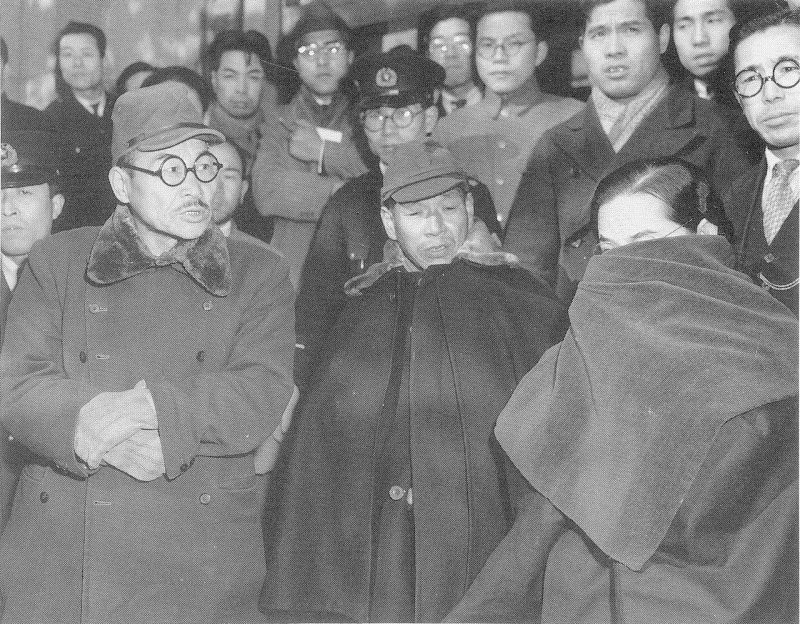
Ishikawa in court
Miyuki Ishikawa's story ended abruptly.
On January 12, 1948, Waseda police found the remains of several babies in a package. Investigation revealed that she was guilty of this Miyuki and her accomplices, including her husband. The police began to dig further and found the remains of 40 children in the house of one of the killers. And under one of temples were found burial.
On January 15, Miyuki, Takeshi, Nakayama, two assistant midwives and an undertaker were detained.
At the trial, Ishikawa was calm, denied her guilt and did not go to trial. managed to prove that these were precisely the murders, so she was tried for criminal negligence.
Ishikawa was sentenced for her inhuman crimes just eight years old. Husband and accomplices received four years each. A soon the verdict was appealed and the sentence was reduced by half.
For the murder of 109 babies, Miyuki Ishikawa spent only four years in prison. 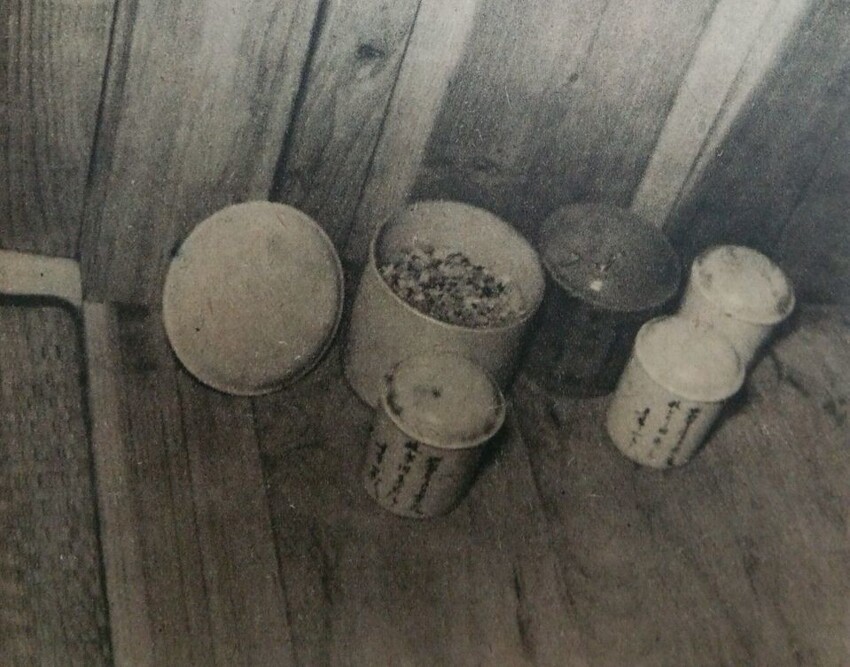
Ashes of killed children
The high-profile Ishikawa case forced the Japanese government to reconsider its decision to ban abortion.







